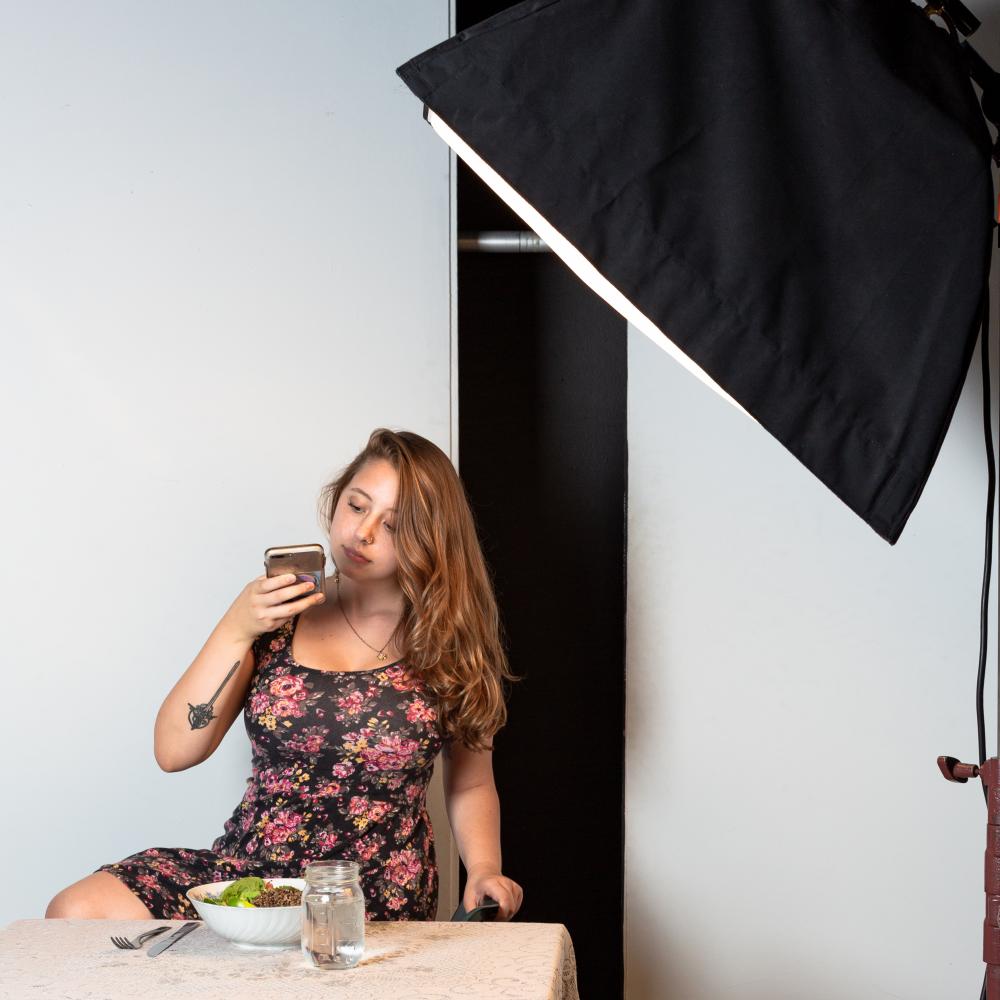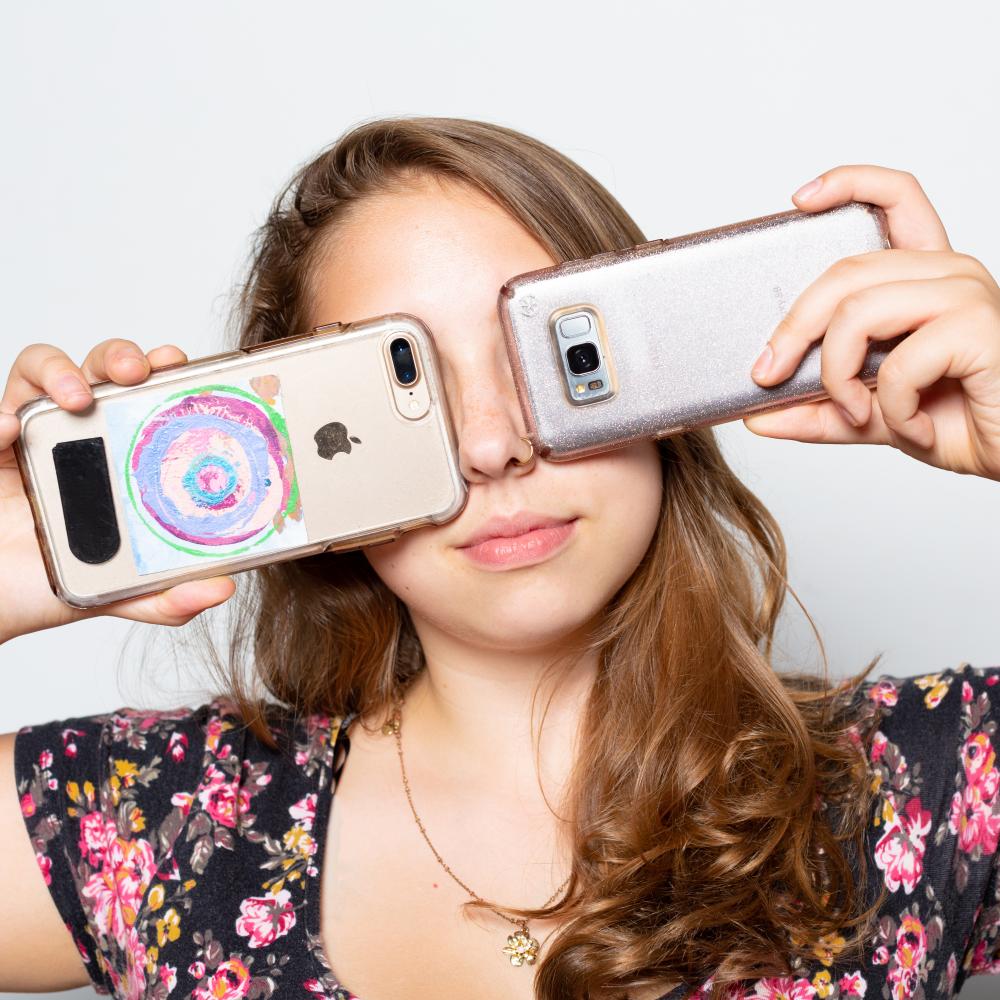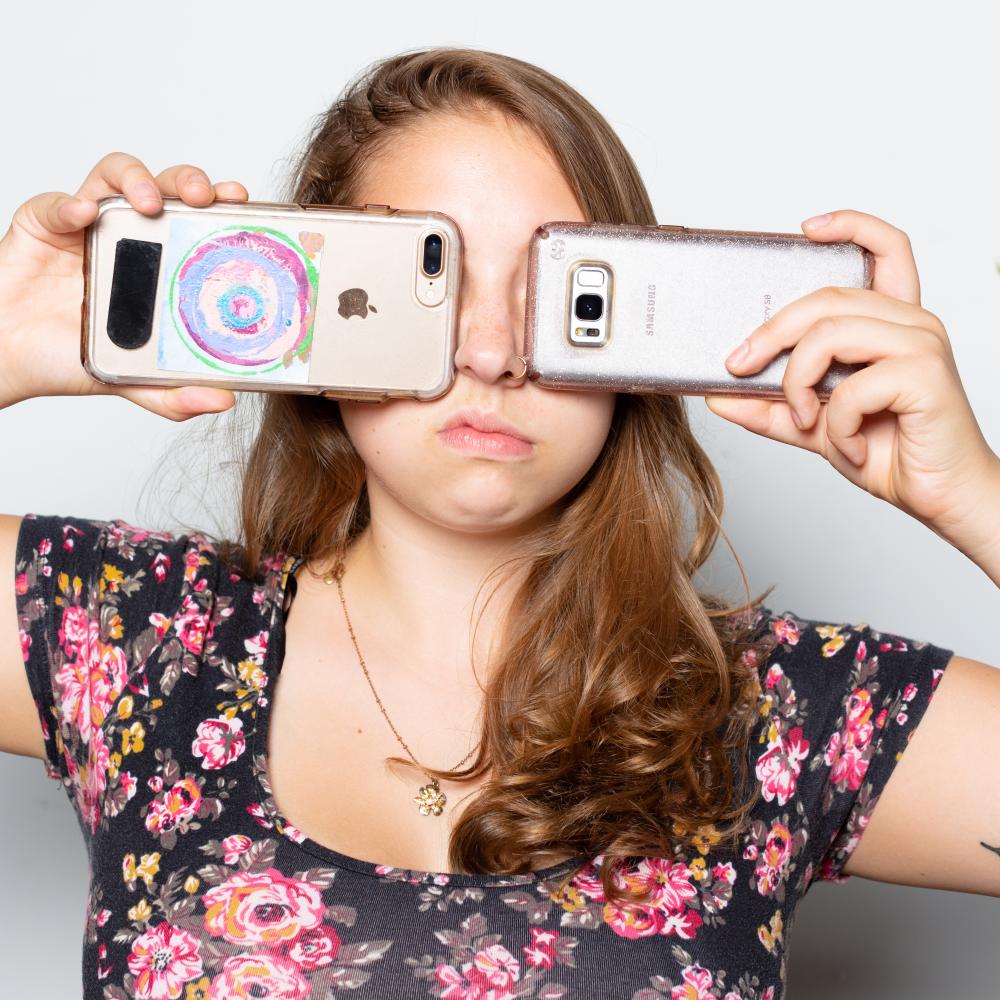Until fairly recently, the world was quite disconnected. Communicating across the globe was a daunting prospect, and while the telephone, the Internet and email made it easier, methods still weren’t accessible enough for most. Then, Facebook fundamentally changed the way we communicate, forging its imprint on most future apps. Thus, social media was born. Though it may feel like it’s been around forever, ideas like Facebook have only been around since its founding in 2004.
Defining Social Media
“It’s generally any kind of person-to-person communication that is electronic in nature and requires you to use a specific platform,” said Mike Johansson, a senior lecturer in the School of Communication.
Social media comes in many forms. Johansson described it in different types — closed, like Facebook, where you can’t search for someone using Google; open, like Twitter, where you can, and sites like Pinterest, where you have to be connected with someone directly to interact.
Rarely does one person use all forms of social media, but most people use one form or another for what it offers.
“It’s made it very easy to have interactions with people without being face-to-face,” said Johansson. “Social media has huge benefits in terms of building connections with people that are like-minded.”
Johansson isn’t the only one who thinks so. Students who use social media see similar beneficial impacts.
The Student Perspective
“I think social media has allowed me to meet up with a wide array of people. I’ve gotten to meet a lot of good people,” said Ryan McMahon, a first year Computer Engineering major.
McMahon is an admin of the unofficial RIT Discord server, an innovative app that incorporates many elements from other successful media sources, such as combining the ease of group messaging with the video and voice quality of Skype that can bring people of all varieties together. It is a haven for many, including gamers, and has had a strong impact on thousands, especially at RIT.
“[There are a] wide array of services that are available, especially RIT ones," McMahon said as to why Discord is so unique. "In the tunnels, there is WiFi, but no cell service. Communication is also easier; group chats can get muddy with different phones, but Discord is cross-platform."
“Discord has definitely been positive,” said Ryan Gillie, a second year Software Engineering major. “The rest has sort of been 'eh.'”
This is not exactly the raving review one might expect from someone who uses social media on a near-daily basis, especially for something ingrained in so many students' lives.
“My mom actually made my Facebook account to play Mahjong,” said Hillary Li, a second year Electrical Engineering major, about her introduction into the world of social media. Li eventually switched to Discord when Facebook became less popular among younger generations, but still wasn't thrilled.
“[Social media is] sort of negative because you can’t convey [intention] like you could in person or over voice,” she said.
The deeper it goes, social media gradually becomes less of an exciting novelty and more of a grueling necessity.
The Dark Side
Clearly, not everyone has experienced social media in a positive light. And when we do come together via social media, it can often be with negative connotations. Johansson suggested why.
“Politics and religion,” he said. “We tend to congregate with people who are like-minded, less apt to talk to people who are not like-minded. We become less tolerant, and tribalism develops.”
He suggested it was the lack of paying attention to these downsides that created the 2016 election issues, such as widespread hacking and fake news sources. Yet it’s easy to blame social media for these problems when it’s truly the people behind it.
“A few bad eggs can influence thousands,” Johansson said.
When asked further about the kinds of problems that can crop up from improper use of social media, the list went on.
“Bullying has been made a lot easier. When I was a kid and saw people at school, that is where they got bullied. Now with social media, it happens when you’re at home, too,” Gillie said.
In Gillie’s case, a mix of nasty Tumblr messages turned him off from the site. He's not the only one who has experienced this kind of harassment.
“There was a Facebook profile of my high school principal, and there was this Facebook bot; it took pictures from his actual profile and was like making fun of him," Li reminisced. "He wasn't even a bad principal."
Harassment doesn't stop at grade school or college, and often extends to everyone who uses these sites, spreading negativity like an infectious disease.
“I don’t think the 'good's outweigh the 'bad's," said Gillie. "We grew up with it; we have thick skin. Throwing a new person into social media, I don’t know if they would make it."
"Throwing a new person into social media, I don’t know if they would make it."
Unfortunately, it is often those inexperienced who are most impacted. Even the experienced can sometimes find it difficult to look past the negatives.
“I don’t think there are enough 'good's,” Li said. “Whenever I see something controversial in a way on Facebook, it will be maybe a police officer arresting someone ... It’s some clickbait caption that vaguely says what happened, and they’re like, 'Oh this police officer should die.'”
Luckily, there are ways to defend against these unavoidable consequences across the board and enjoy what social media has to offer.
Protecting Yourself
McMahon has experienced these issues first hand. For him, these encounters have been infrequent.
“Sometimes people say things they don’t mean since it’s not face-to-face,” McMahon said.
Unfortunately, however, even if the intent is not to be harmful, intent does not always equal outcome. There are ways to mitigate such unintended consequences.
"Within any kind of chat, be it Discord or something else, there are usually common courtesies. Specific chats have certain rules. Treat it like you’re chatting with people in the same room,” McMahon recommended for anyone using online chats.
This seems like a very basic common-sense approach, but it’s a good rule of thumb to follow to avoid stepping on any toes.
“Use social media in a much smarter way. Challenge thought. Be more thoughtful to what you give credence too. Be especially thoughtful to what you like and share,” Johansson said.
In essence, pay attention to what you read. You’ll find a lot of things posted on social media, not all of which will be true. Making sure a source is factual before spreading it is an important step in both preventing misinformation and creating safer, better social media.










